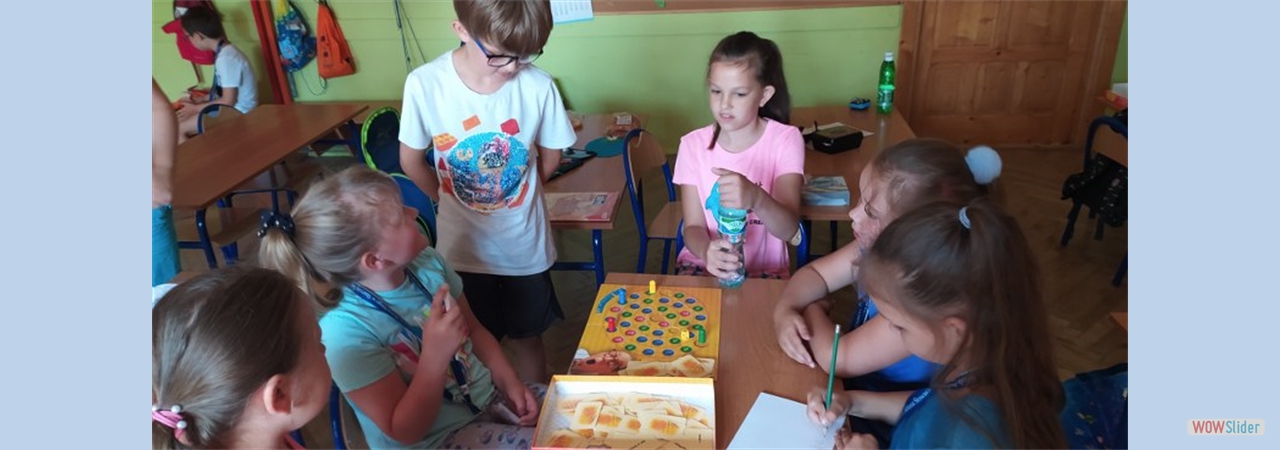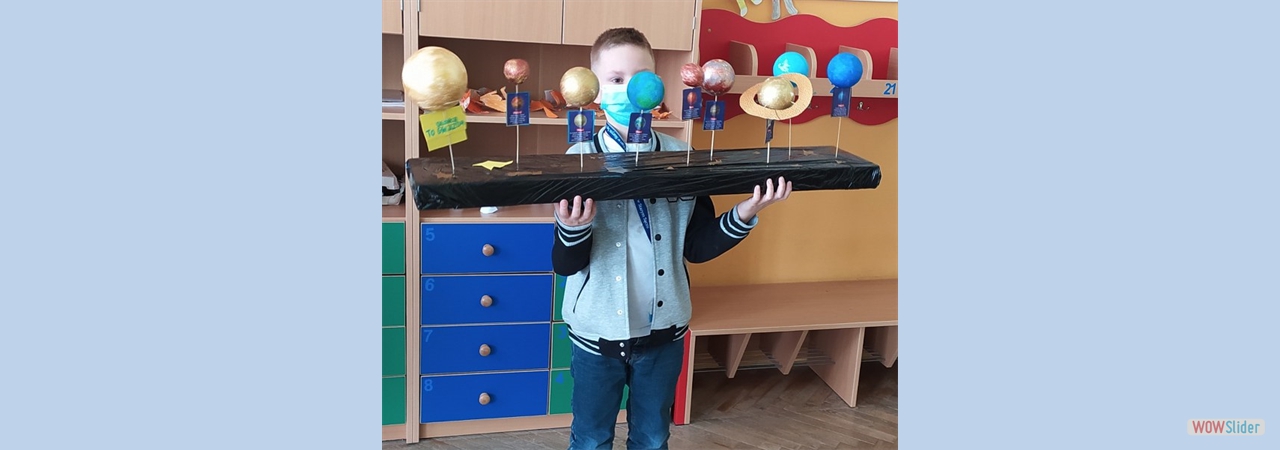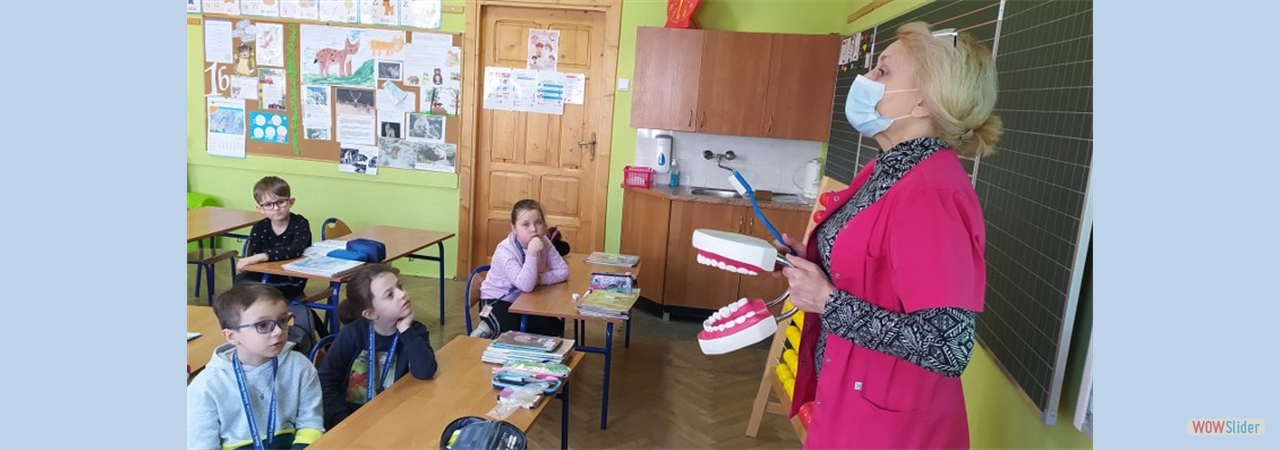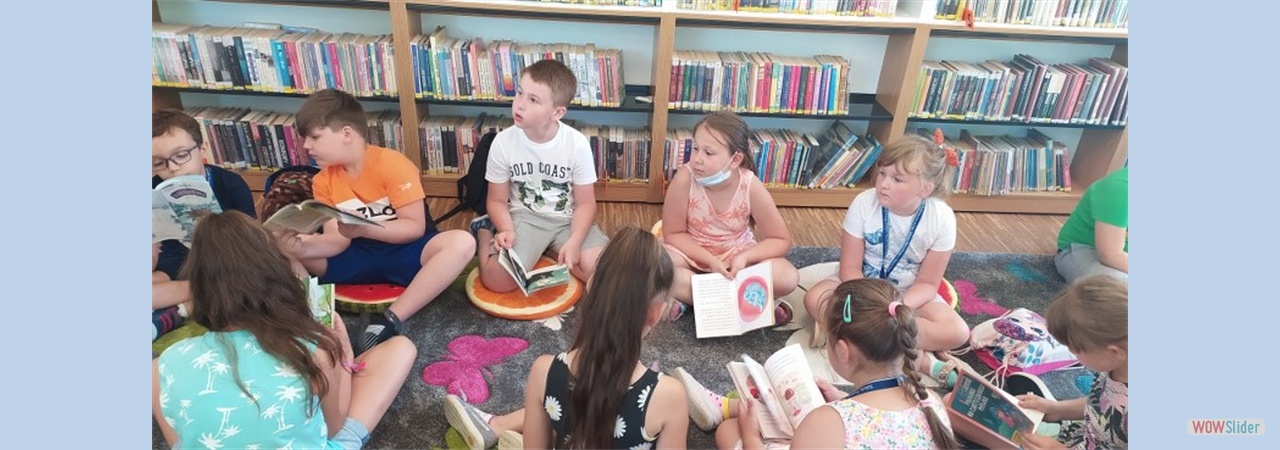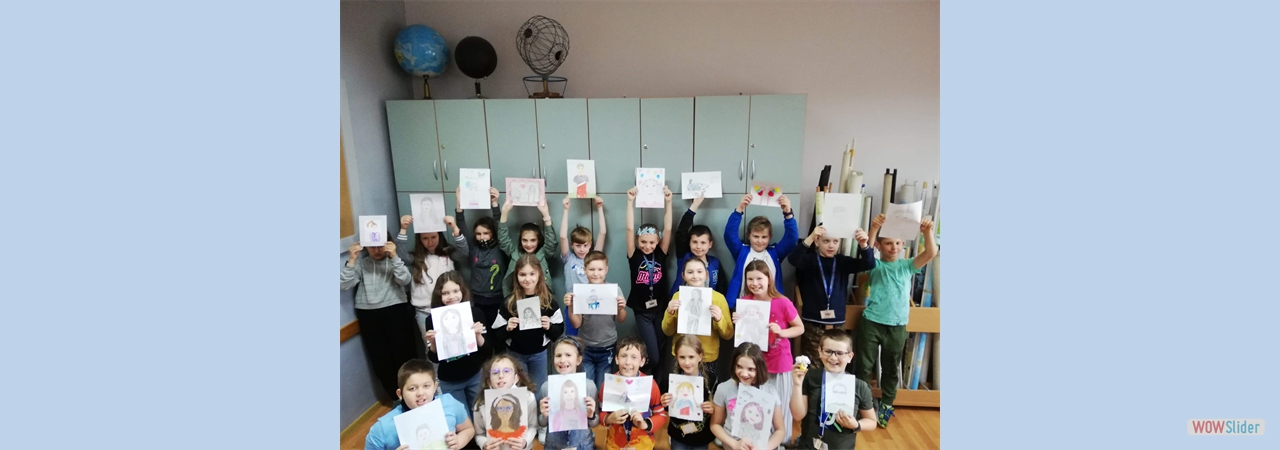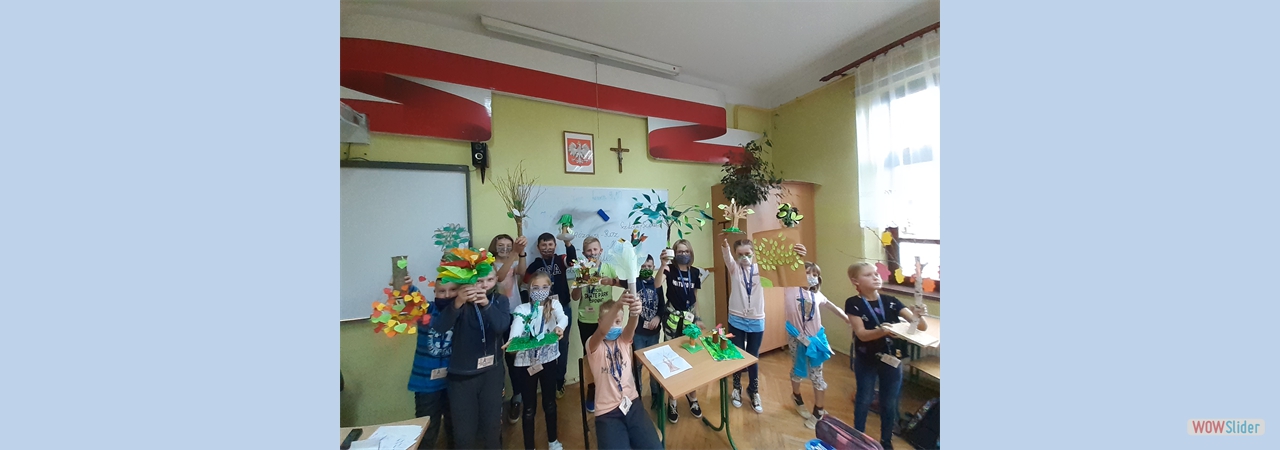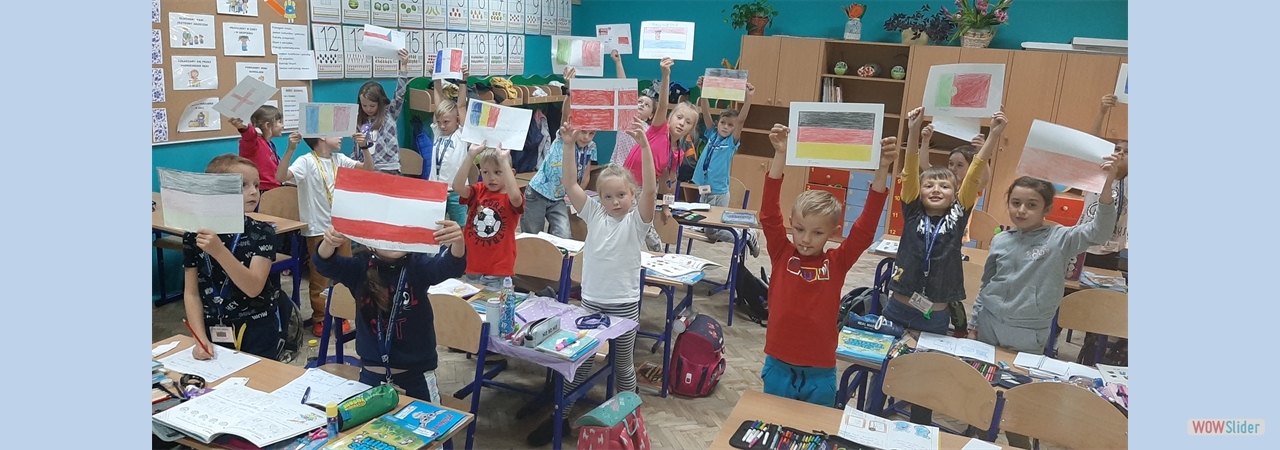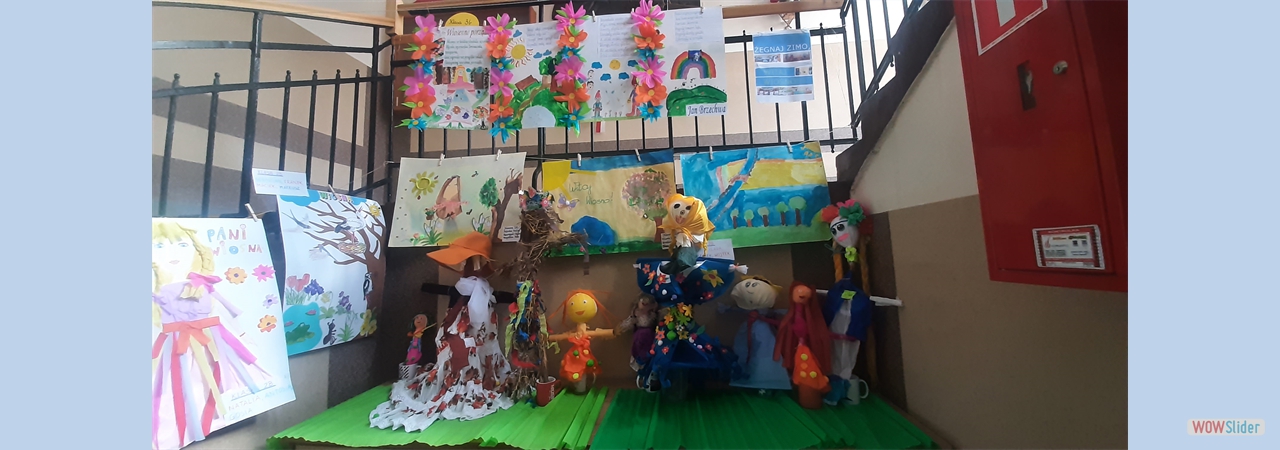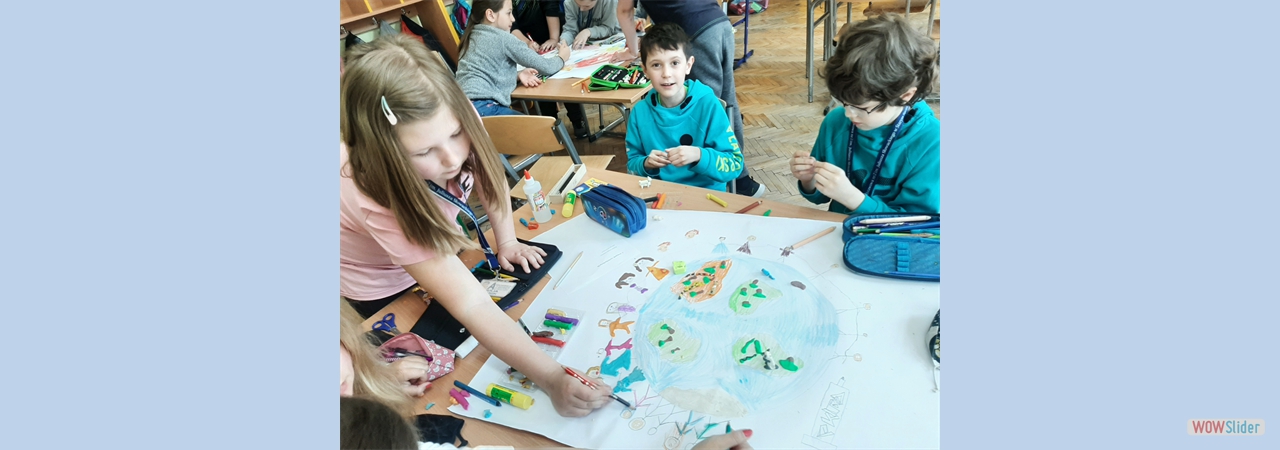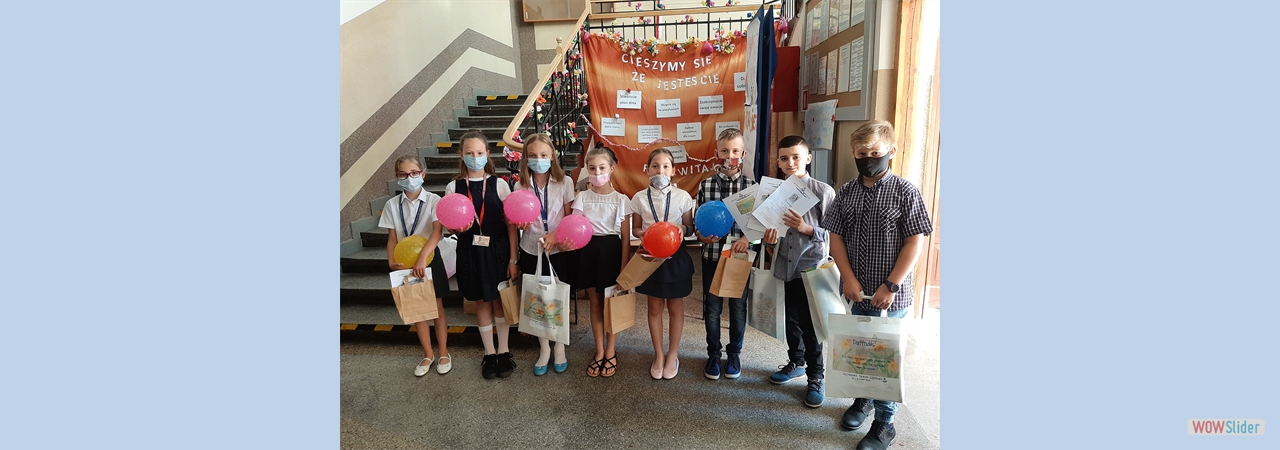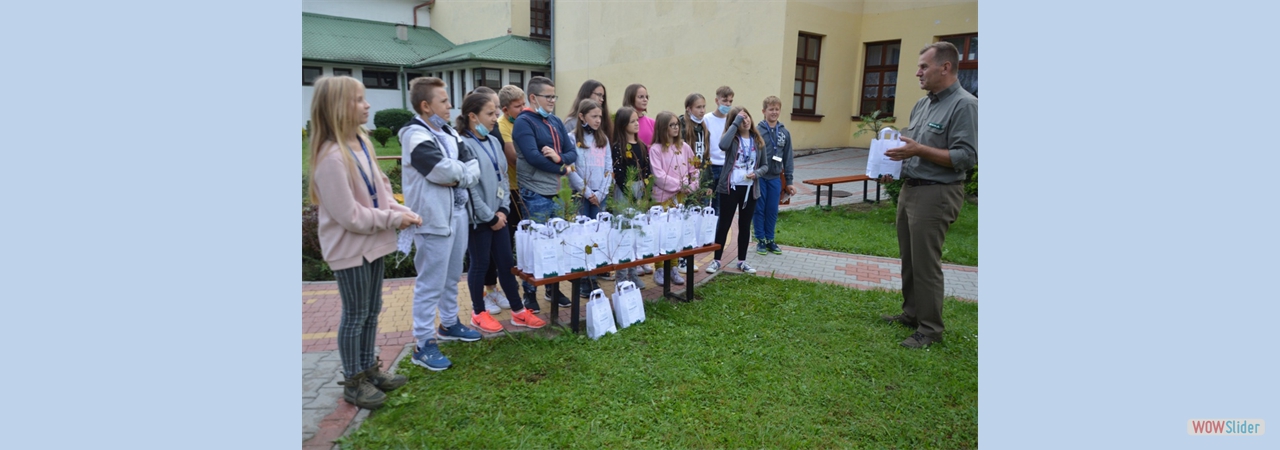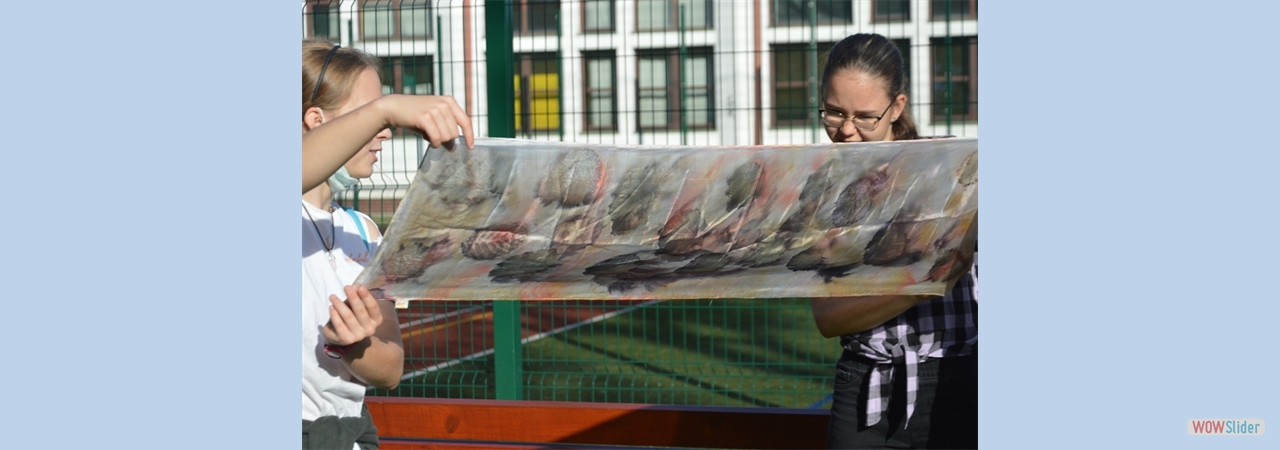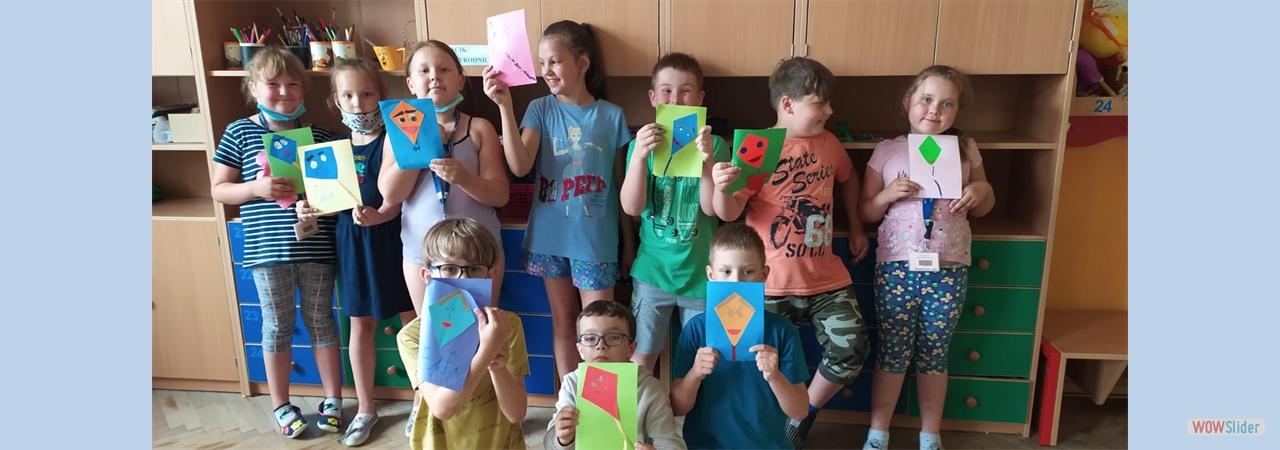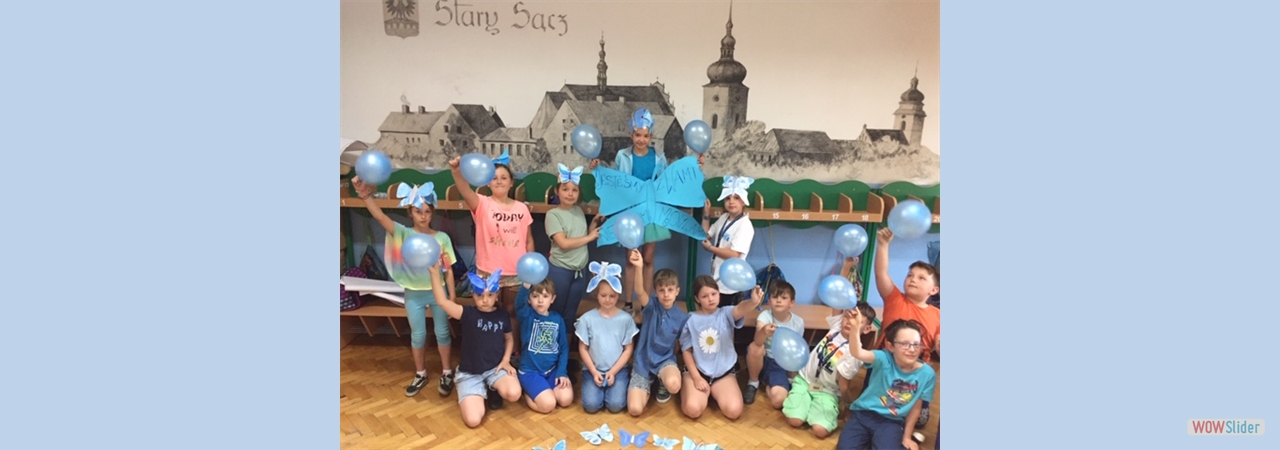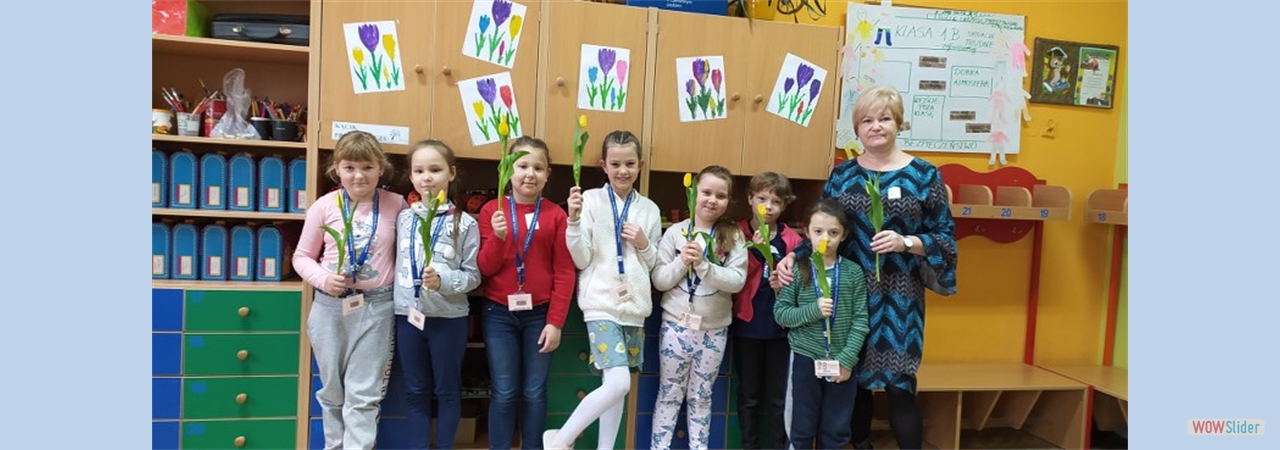|
|
Szkoła Podstawowa nr 2 im. Juliusza Słowackiego |
|
Językowy Teatr Szkolny... The Secret Garden - Prolog
The Secret Garden
Prologue - There is No One Left
Narrator - Mary had a little thin face and a little thin body, thin light hair and a sour expression. Her hair was yellow, and her face was yellow because she had been born in India and had always been ill in one way or another.
Servant - Her father had held a position under the English Government and had always been busy and ill himself, and her mother had been a great beauty who cared only to go to parties and amuse herself. She had not wanted a little girl at all, and when Mary was born she handed her over to the care of an Ayah, who was made to understand that if she wished to please the Mem Sahib she must keep the child out of sight as much as possible.
Servant - When she was a sickly, ugly little baby she was kept out of the way, and when she became a sickly, toddling thing she was kept out of the way also.
Narrator - Mary only remembered the dark faces of her Ayah and the other native servants. As they always obeyed her and gave her own way in everything, because the Mem Sahib would be angry if she was disturbed by her crying, by the time she was six years old she was as tyrannical and selfish a little pig as ever lived.
Servant - The young English governess who came to teach her to read and write disliked her so much that she gave up her place in three months, and when other governesses came to try to fill it they always went away in a shorter time than the first one. So if Mary had not chosen to really want to know how to read books she would never have learned her letters at all.
(Mary budzi się i widzi służacego, ale nie jest to Ayah)
Mary - Why did you come? I will not let you stay. Send my Ayah to me.
Woman - servant – (jąkając) Ayah could not come.
(Mary rzuciła się na służącą i próbowała ją bić i kopać)
Woman – servant - It was not possible for the Ayah to come to Missie Sahib.
Narrator - There was something mysterious in the air that morning. Nothing was done in its regular order and several of the native servants seemed missing, while those whom Mary saw slunk or hurried about with ashy and scared faces.
Narrator - No one would tell Mary anything and her Ayah did not come. She was actually left alone as the morning went on, and at last she wandered out into the garden and began to play by herself under a tree near the veranda.
Narrator - Mary pretended that she was making a flowerbed, and she stuck big scarlet hibiscus blossoms into little heaps of earth, all the time growing more and more angry and muttering to herself the things she would say and the names she would call Saidie when she returned.
Mary - Pig! Pig! Daughter of Pigs!
Narrator - To call a native a pig is the worst insult of all.
Narrator – Mary was grinding her teeth and saying this over and over again when she heard her mother come out on the veranda with someone. She was with a fair young man and they stood talking together in low strange voices.
Narrator - Mary knew the fair young man who looked like a boy. She had heard that he was a very young officer who had just come from England. Mary stared at him, but she stared most at her mother.
Narrator- Mary always looked at her mum when she had a chance to see her, because the Mem Sahib—Mary used to call her that more often than anything else—was such a tall, slim, pretty person and wore such lovely clothes.
Narrator - Her hair was like curly silk and she had a delicate little nose which seemed to be disdaining things, and she had large laughing eyes. All her clothes were thin and floating, and Mary said they were "full of lace."
Mary’s mother - Is it so very bad? Oh, is it?
A young man – Awfully, awfully, Mrs. Lennox. You ought to have gone to the hills two weeks ago."
Mary’s mother - Oh, I know I ought! I only stayed to go to that silly dinner party. What a fool I was!
(słychac czyjś płacz z domku służacych)
Mary’s mother - What is it? What is it?.
A young man (officer) - Someone has died. You did not say it had broken out among your servants.
Mem Sahib (Mary’s mother) - I did not know! Come with me! Come with me!
(zabrała Mary i pobiegli do domu)
Mem Sahib (do Mary) - The cholera had broken out in its most fatal form and people were dying like flies. The Ayah had been taken ill in the night, and it was because she had just died that the servants had cried in the huts.
Narrator - Before the next day three other servants were dead and others had run away in terror. There was panic on every side, and dying people in all the bungalows.
Servant - During the confusion of the second day Mary hid herself in the nursery and was forgotten by everyone. Nobody thought of her, nobody wanted her, and strange things happened of which she knew nothing.
Narrator - Mary only knew that people were ill and that she heard mysterious and frightening sounds. Once she crept into the dining-room and found it empty, Mary ate some fruit and biscuits, and drank a glass of wine. It was sweet, and she did not know how strong it was.
Servant - The wine made her so sleepy that she could scarcely keep her eyes open and she lay down on her bed and knew nothing more for a long time.
Narrator - When she woke up the house was perfectly still. She had never known it to be so silent before. She heard neither voices nor footsteps, and wondered if everybody had got well of the cholera and all the trouble was over.
Mary - Who will take care of me now? My Ayah is dead. There would be a new Ayah, and perhaps she would know some new stories.
Narrator - But no one came, and as she lay waiting, the house seemed to grow more and more silent. She heard something rustling on the matting and when she looked down she saw a little snake gliding along and watching her with eyes like jewels.
Mary - How queer and quiet it is. It sounds as if there was no one in the bungalow but me and the snake.
(Mary usłyszała kroki na werandzie i zobaczyła jakichś mężczyzn)
A man - What desolation! That pretty, pretty woman! I suppose the child, too. I heard there was a child, though no one ever saw her.
(Mężczyżni weszli do pokoju, w którym była Mary. Jednego z nich Mary widziała kiedyś z tatą)
A man – Barney! There is a child here! A child alone! In a place like this! Mercy on us, who are you?
Mary - I am Mary Lennox. I fell asleep when everyone had the cholera and I have only just woken up. Why does nobody come?
A man - It is the child no one ever saw! She has actually been forgotten!
Mary - Why was I forgotten? Why does nobody come?
Barney - Poor little kid! There is nobody left to come.
Narrator - In that strange and sudden way Mary found out that she had neither father nor mother left; that they had died and been carried away in the night, and that the few native servants who had not died also had left the house as quickly as they could get out of it, none of them even remembering that there was a Missie Sahib.
Narrator - That was why the place was so quiet. It was true that there was no one in the bungalow but Mary herself and the little rustling snake.


